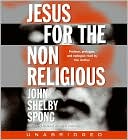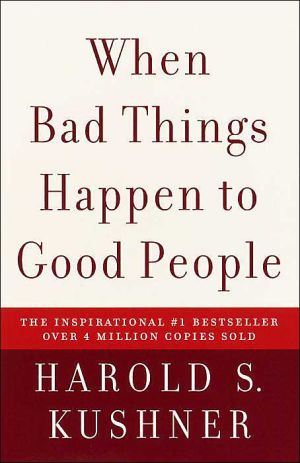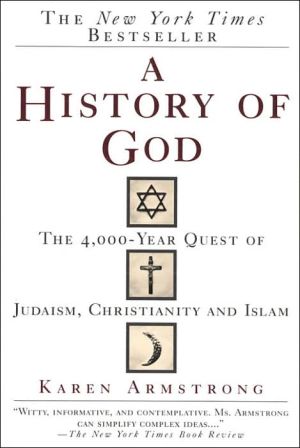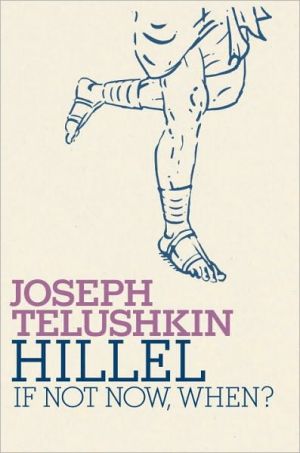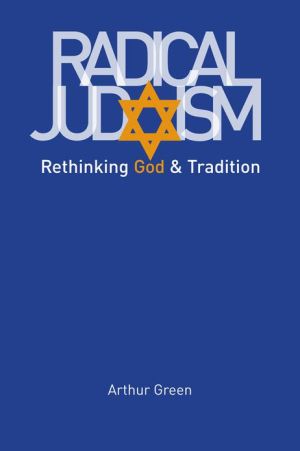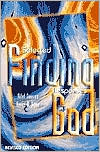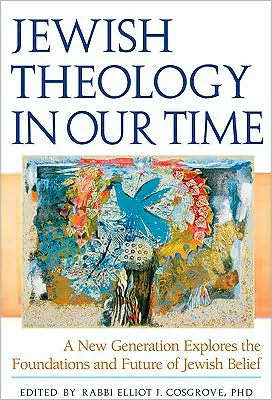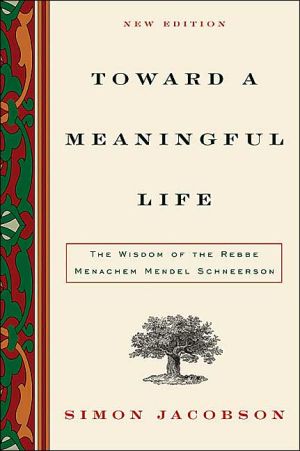Jesus for the Non-Religious
Search in google:
Writing from his prison cell in Nazi Germany in 1945 Dietrich Bonhoeffer, a young German theologian, sketched a vision of what he called "Religionless Christianity." In this book, John Shelby Spong puts flesh onto the bare bones of Bonhoeffer's radical thought. The result is a strikingly new and different portrait of Jesus of Nazareth, a Jesus for the non-religious. Spong challenges much of the traditional understanding, from the tale of Jesus' miraculous birth to the account of his cosmic ascension into the sky. He questions the historicity of the ideas that Jesus was born in Bethlehem, that he had twelve disciples, or that the miracle stories were ever meant to be descriptions of supernatural events. He also speaks directly to those critics of Christianity who call God a "delusion" and who describe how Christianity has become evil and destructive. Spong invites his readers to look at Jesus through the lens of both the Jewish scriptures and the liturgical life of the first century synagogue. He proposes a new way of understanding the divinity of Christ as the ultimate dimension of a fulfilled humanity. Jesus for the Non-Religious may be the book that finally brings the pious and the secular into a meaningful dialogue, opening the door to a living Christianity in the post-Christian world. Publishers Weekly Spong, the iconoclastic former Episcopal bishop of Newark, details in this impassioned work both his "deep commitment to Jesus of Nazareth" and his "deep alienation from the traditional symbols" that surround Jesus. For Spong, scholarship on the Bible and a modern scientific worldview demonstrate that traditional teachings like the Trinity and prayer for divine intervention must be debunked as the mythological trappings of a primitive worldview. These are so much "religion," which was devised by our evolutionary forebears to head off existential anxiety in the face of death. What's left? The power of the "Christ experience," in which Jesus transcends tribal notions of the deity and reaches out to all people. Spong says Jesus had such great "energy" and "integrity" about him that his followers inflated to the point of describing him as a deity masquerading in human form; however, we can still get at the historical origin of these myths by returning to Jesus' humanity, especially his Jewishness. Spong so often suggests the backwardness and insecurity of those who disagree with him that his rhetoric borders on the fundamentalist. His own historical and theological reconstructions would be more palatable if he seemed more aware that he too is engaged in mythmaking. (Feb. 27)Copyright 2006 Reed Business Information.
